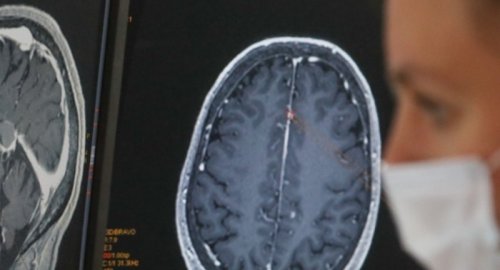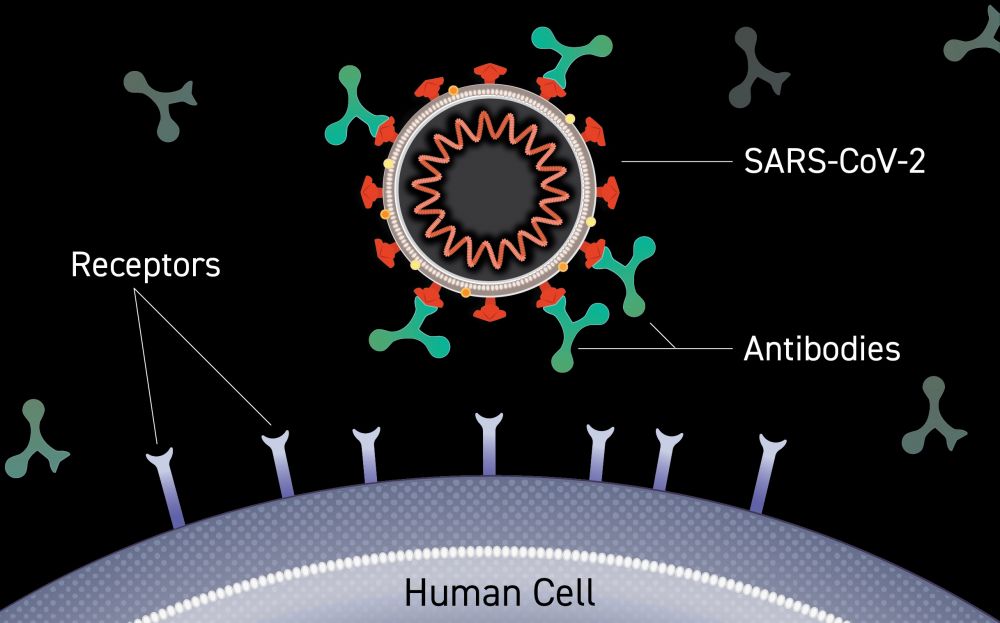
Increased risk of brain disorders, 2 years after COVID-19 infection: study

Multimedia
- 20-08-2022, 21:15
INA - SOURCES
A study published that shows a history of COVID-19 infection is associated with an increased risk of neurological aftereffects.
“COVID-19 is associated with increased risks of neurological and psychiatric sequelae in the weeks and months thereafter,” reads the study, titled “Neurological and psychiatric risk trajectories after SARS-CoV-2 infection: an analysis of 2-year retrospective cohort studies including 1,284,437 patients.”
Sequelae are conditions resulting from a prior illness or incident.
“How long these risks remain, whether they affect children and adults similarly, and whether SARS-CoV-2 variants differ in their risk profiles remains unclear,” the study, published in The Lancet Psychiatry journal, continues.
The study examined de-identified data from more than a million patients using an international health records network that drew from the U.S., Australia, the U.K., Spain, Bulgaria, India, Malaysia and Taiwan. Most patients considered by the study were American.
The records of patients who had been diagnosed with COVID-19 between Jan. 20, 2020, and April 13, 2022, were evaluated for 14 neurological and psychiatric diagnoses.
The study found that COVID-19 infection was linked to a higher instance of mood and anxiety disorders that declined after 1-2 months.
It also found that COVID-19 infection was associated with an increased risk of dementia, psychotic disorders, epilepsy or seizures and cognitive deficit, or “brain fog,” that remained elevated two years after patients were first diagnosed with the virus.
US Central Command: We killed ISIS terrorist leader Abu Yusuf in Syria
- International
- 24/12/20
Liverpool compete with Real Madrid to sign Olympique Lyonnais star
- Security
- 24/12/19
ISC, ADX discuss Strengthening Economic Ties
- Economy
- 24/12/16
Iraq assumes presidency of Arab Investment Company’s Executive Board
- Economy
- 24/12/17












